|
In patriarchal societies such as Malawi, women do the bulk of the housework: caring for children, finding and preparing food, and cleaning the house. These multiple roles prevent women from engaging in activities that would earn them an income. But things are slowly changing for the better thanks to progressive interventions by the health ministry and traditional leaders. Elizabeth Mkandawire and Sheryl L Hendriks share the results of
their study showing how some men are getting more involved in the home.
On Monday the UN Climate Action Summit starts in New York. In the run-up, more than 170 media outlets - among them The Conversation Africa and its sister sites around the world - are taking part in running articles focused on the climate crisis. Today Mark New unpacks the extensive science that explains how human activity has driven climate change. For his part Bill Hare takes on the countries that are failing to take the issue seriously while praising countries like Ethiopia and Morocco that are leading the way. You can find much more coverage on the issue here.
We know a fair amount about the Middle and Later Stone Age, which lasted from about 300 000 to 300 years ago in South Africa. There’s one area that very little is known about - the sorts of sounds that our human ancestors produced. In today’s episode of Pasha Sarah Wurz and Joshua Kumbani fill in some of the gaps.
|
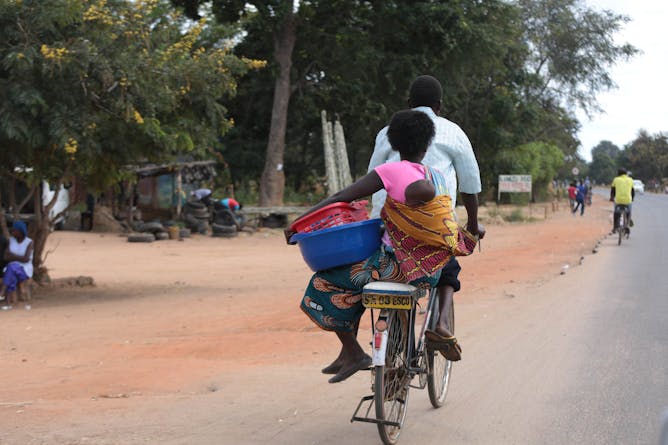
A woman and baby on a bicycle taxi in Salima, Malawi. Some Malawian men are becoming more involved in childcare.
EPA-EFE
Elizabeth Mkandawire, University of Pretoria; Sheryl L Hendriks, University of Pretoria
While not all men are willing to become involved in women and children’s health, some situations force them take on 'women’s work'.
|
Climate change
|
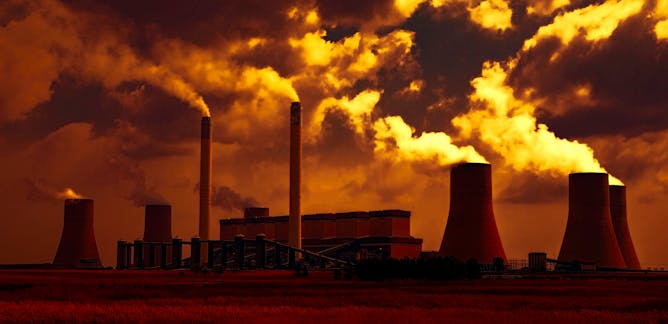
Mark New, University of Cape Town
More and more evidence has accumulated which shows that changes in global and regional climate over the last 50 years are almost entirely due to human influence.
| |
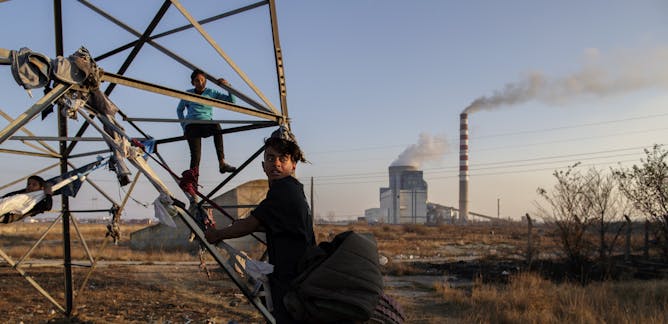
Bill Hare, Potsdam Institute for Climate Impact Research
Ahead of the UN climate summit, we take stock of the world's best and worst performers on climate action - including some surprise success stories.
|
|
|
Politics + Society
|

Bheki Mngomezulu, University of the Western Cape
The IFP's constitution provides that the nomination of national office bearers be approved by the branches. But this was not done in the nomination of its new president.
| |

Jeremy Rossman, University of Kent; Matthew Badham, University of Kent
Two deadly viruses are ravaging the DRC. Why are we only hearing about one of them?
|
|
|
Education
|

Patience Mukwambo, University of the Free State
Higher education needs to do more than produce graduates who can get a job. It should also give students opportunities and a voice when it comes to participating in the economy and broader society.
| |

Marc Wegerif, University of Pretoria; Oluwafunmiola Adeniyi, University of the Western Cape
Students suffer the double burden of malnutrition - hunger and obesity. This results in stress, ill health, poor academic results and increased drop-out rates.
|
|
|
Podcasts
|

Ozayr Patel, The Conversation
The sounds our ancestors made are important because they teach us about spaces and behaviour and rituals of the time.
| |
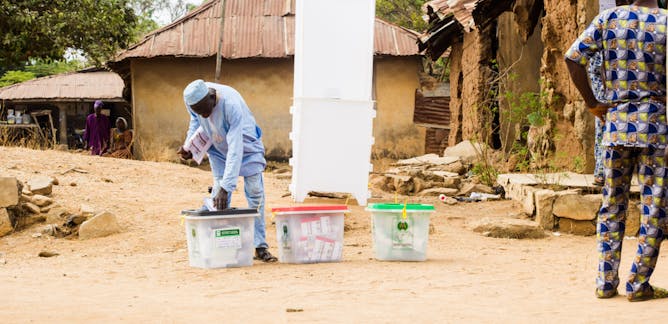
Ozayr Patel, The Conversation
WhatsApp can amplify and complement a candidate’s ground campaign. But it cannot replace it.
|
|
|
From our international editions
|

Leor Zmigrod, University of Cambridge
A particular type of mind could be more susceptible to political partisanship, on either side of the traditionally defined political spectrum.
| |

Kevin Orrman-Rossiter, University of Melbourne
The International Space Station is the biggest human made structure in space and the third brightest object in the sky. But the living conditions for the six astronauts on it are quite cramped.
|
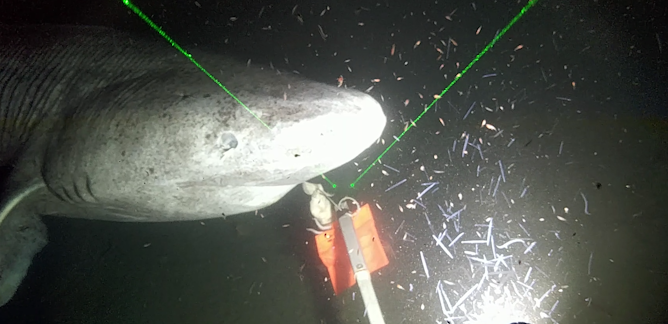
Jonathan A. D. Fisher, Memorial University of Newfoundland
The eastern Arctic and sub-Arctic marine areas of Canada are changing rapidly under climate change.
| |

Jay L. Zagorsky, Boston University
An economist unravels the seeming contradiction between stocks near record highs and growing fears of a recession.
|
|
|
En español
|

Carmen Álvarez-Mayo, University of York
¿Por qué algunos sonidos nos resultan agradables, mientras que otros provocan asco? Aprender un nuevo idioma puede ayudarnos a descubrirlo.
| |
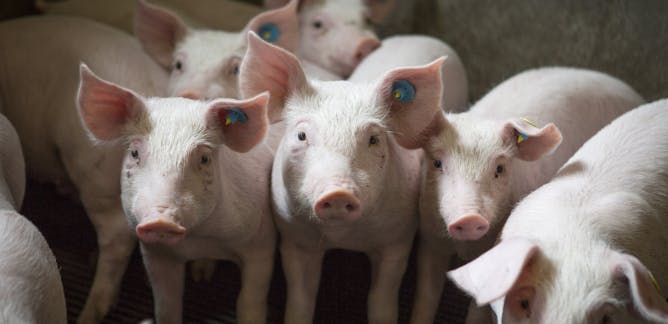
Ana Hurtado
El uso excesivo e inadecuado de los antibióticos, tanto en medicina humana como veterinaria, favorece la aparición y diseminación de bacterias resistentes.
|
|
|